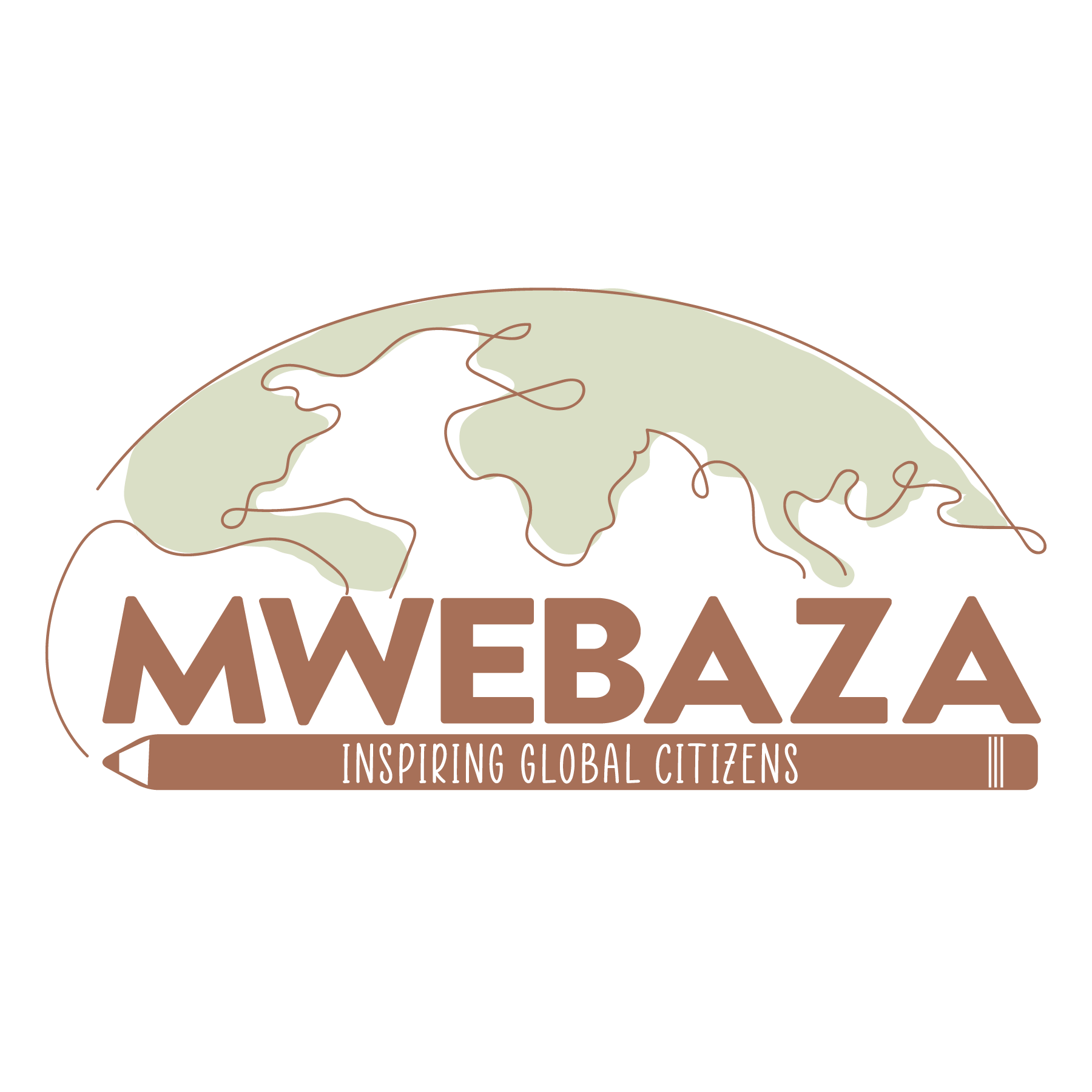Mombasa, Mumbaza, Mwabaza, or Mwebaza?
We get asked this question all the time. How do you spell “Mwebaza”? We love our nonprofit’s name for many reasons that we’ll touch upon later but we also understand that it is difficult to spell, pronounce, and even remember!
Some people think it’s spelled Mombasa, which is actually a well-known coastal port in Kenya. Others hear the word and believe it’s spelled Mumbaza, Mwabaza, or Mambazo. It’s totally ok! For some pronunciation help, here’s a short video of Mwebaza Infant Primary School students in Kyengera, Uganda showing us how to pronounce it.
What does Mwebaza mean?
Mwebaza means gratitude in the Luganda language. Luganda is a language spoken by the Baganda people, one of the many tribes living in modern-day Uganda. Buganda started as one of many small principalities founded by Bantu-speaking people in the 14th century and grew to be one of the most powerful kingdoms in East Africa some 500 years later.
When the British violently colonized Uganda in the late 1800s, the country and its many tribes became protectorates of the British Empire. From 1894 to 1962, the British occupied Uganda, stealing its resources and investing money that they made back in their home country or other protectorates. Uganda took its independence back from Britain in 1962 but was left with the devastating effects of colonialism.
What languages are spoken in Uganda?
The Baganda tribe remains the largest tribe in Uganda. The Buganda Kingdom still envelops much of central Uganda, including Kampala, meaning that a majority of residents living in this large area speak Luganda. People across Uganda also speak English as a holdover from colonial rule. In addition to Luganda and English, more than 40 different native languages are spoken across the country, which represents the 56 different tribes that call Uganda home.
The official languages of Uganda are Swahili and English. Travel just outside the larger cities of Entebbe and Kampala and you will meet many people who speak their tribal languages instead of English or Swahili. Between these tribes with official tribal languages lie groups of people who may speak a blend of languages and have their own dialect.
Why are we called the Mwebaza Foundation?
We are named after our very first Ugandan partner school - Mwebaza Infant Primary School. Because “mwebaza” means “gratitude”, this word remains an accurate reflection of how each side of the partnership feels toward the other. Both sides have expressed gratitude for friendship, connection, and shared learning experiences that students, teachers, and community members may not have otherwise had if they didn’t participate in this partnership.
We are grateful to you, our extended community, for your support and celebration of our organization and this work. To keep up with us, sign up below to receive our monthly newsletter.
